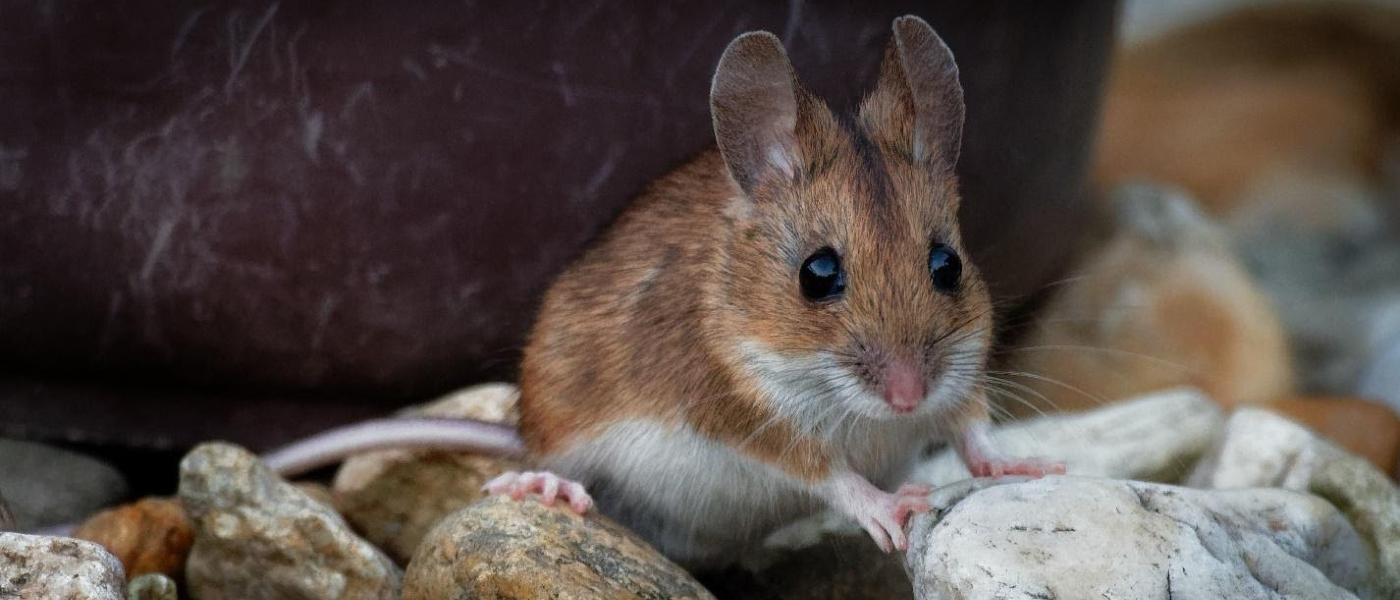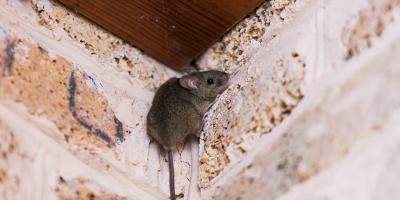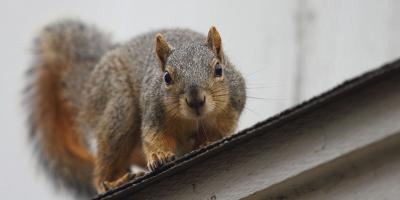How Mice Communicate, and Why It's Bad News for a Homeowner

In the classic children's nursery rhyme, it wasn’t just one blind mouse, it was three. Likewise, when you see just one, single mouse in the house, it’s highly unlikely to be the only one. And unfortunately, the mouse population in your home probably numbers much higher than three… it could be dozens.
Mice are social creatures -- they organize themselves into social strata, with a singular leader or ruler per “territory.” Mature male mice are amiable with their kin but aggressive and hostile toward strangers. While they may be skittish around humans, they’re quite chummy when among their own kind.
For members of a species to organize themselves into a social hierarchy the way mice do, there obviously must be some kind of communication happening. Mice can be quite vocal, but they don’t technically speak any kind of language (sorry to disappoint). So how do they do it?
In Nature, Chemistry is the Language
Humans are the only creatures with a vocalized language, but that doesn’t mean animals don’t communicate. But rather than stringing sentences together out of words, many species, including mice, use chemical markers to signal important information to each other.
Those markers are called pheromones, which many people associate with love, but pheromones can communicate so much more as well. Pheromones are called “hormones” when they’re inside the body, and they can get out any number of ways.
Mice, for example, excrete certain pheromones in their urine that communicate whether there’s nearby food or a threat, as well as who’s ready to mate and who’s related to whom.
How Three Becomes Three Dozen
Not only do mice reproduce ridiculously quickly (one female mouse can have as many as 150 offspring in just one year), but when an entryway is discovered into your home, mice use pheromones to let other mice know they’ve found a new place for the crew to crash.
It doesn’t have to be a big entryway, either -- mice can squeeze through an opening as thin as 1/4-inch. And once they’ve found an opening that works, they’ll call the rest of their besties to come join the house party.
Mice Are a Vector for Disease
Mice are dangerous to human health for the wide variety of diseases they can carry and transmit -- hantavirus, salmonellosis and listeria are the most common, but there are many more. As if that’s not bad enough, mice can also do expensive damage to your home -- they’ll chew on wood, paper and cloth, burrow into furniture, decimate insulation, chew up electrical wires and build nests all over the place.
A mouse infestation can be difficult for a layperson to notice until well beyond the point that it’s too late. However, a professional pest control expert can usually diagnose the problem long before it explodes.
One of the ways we handle that at JP Pest Services is with our Home Quarterly inspection program. Before each change of season, we’ll inspect the interior and exterior of your home and provide protection against dozens of different pests, including mice and rats.
Rodents are not something to turn a blind eye to; luckily, you’re partnered with rodent control experts. Contact us immediately if you suspect that rodents are moving in on your property.



